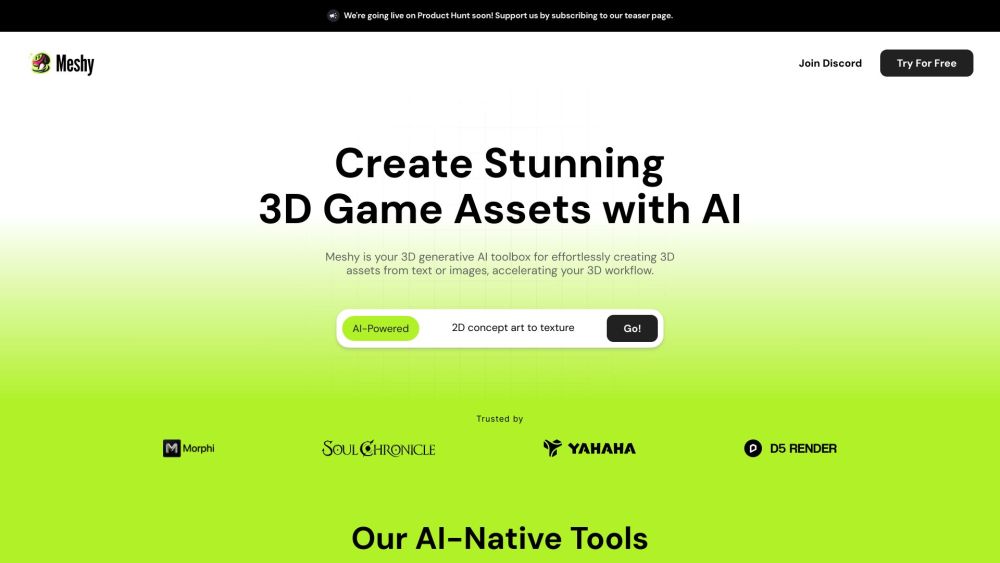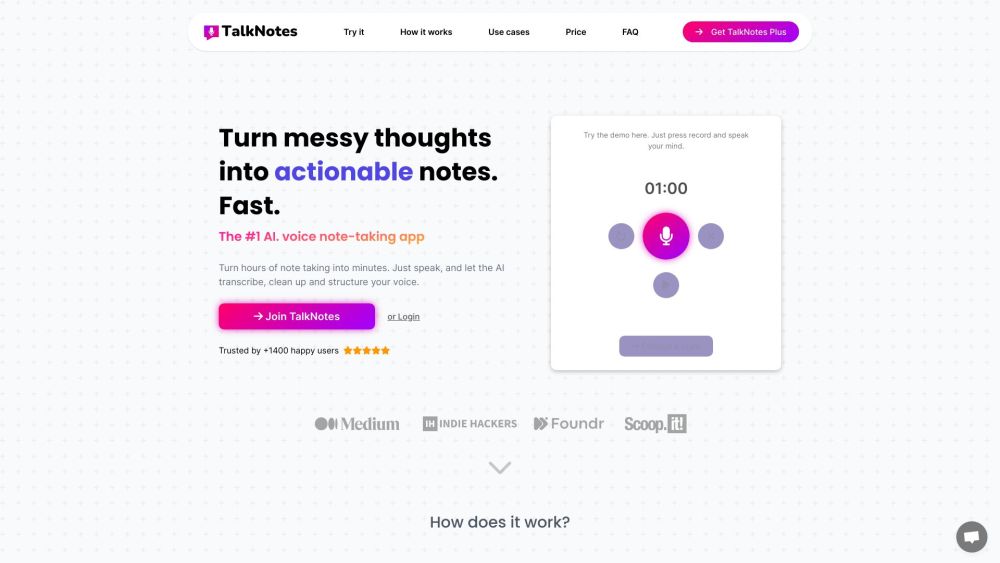Sona, a pioneering workforce management platform designed for frontline employees, has successfully secured $27.5 million in a Series A funding round.
Currently, over two-thirds of the U.S. workforce hold frontline positions, which encompass roles in customer service, healthcare, retail, and hospitality. Effectively managing this extensive workforce—ensuring that roles are adequately filled and services are consistently delivered—can be resource-intensive. Sona aims to tackle these challenges, having been established three years ago.
“Sona intelligently utilizes our customers’ largest expenditure—frontline labor,” explained Steffen Wulff Petersen, Sona’s co-founder. “This not only optimizes their operational costs but also directly contributes to increased revenue. After all, effective service delivery hinges on having staff scheduled correctly.”
Founded in London in 2021, Sona provides comprehensive solutions for managing every aspect of the frontline workforce. This includes shift scheduling, timesheet management, collecting employee feedback, absence management, and connecting with staffing agencies to fill shifts during employee shortages.
Managers access Sona through a web portal, while employees use a mobile app to complete timesheets, review available shifts, and communicate with supervisors. Companies can seamlessly integrate Sona with their existing internal systems, ensuring smooth data flow across various departments and stakeholders.
In today’s tech-driven landscape, Sona leverages artificial intelligence to automate workforce management processes. This includes optimizing shift rosters by analyzing data derived from employees’ contracts, preferences, and availability, significantly reducing manual administrative tasks.
“Managing a large frontline workforce is all about ensuring the right personnel are in the right place at the right time,” stated Ben Dixon, Sona’s co-founder and CTO. “Sona serves as the central hub for a significant portion of our customers’ operations, enabling integration with nearly all their other systems—from care management solutions and point-of-sale systems to single sign-on platforms and ERP (enterprise resource planning). This high level of integration empowers our AI capabilities, delivering a unified and real-time data perspective across the organization.”
While established players like PeoplePlanner in social care and Selima in hospitality continue to dominate, the market also witnesses a surge of well-funded startups vying for a share of this space. Notable competitors include ConnectTeam and Homebase, the latter of which raised $60 million just last month.
Petersen notes Sona's strategy to distinguish itself from competitors by focusing on larger enterprises and combining “consumer-grade design” with features needed for complex, multi-site operations.
“Most newer, venture capital-backed solutions in the workforce management sector target small to medium-sized businesses (SMBs) with user-friendly self-signup products. While this approach is beneficial for small operations with 1-10 sites—of which there are millions—we hardly intersect with SMB vendors since enterprise clients require more sophisticated solutions,” Petersen explained.
Sona's approach is not designed for rapid deployment; Petersen mentions that even a demo lasts around three hours, with full implementation typically taking several months. “It’s akin to comparing Salesforce with Pipedrive,” Petersen remarked. “We often direct leads to SMB vendors when customers don’t fulfill our enterprise qualifications.”
Expansion Plans
Currently, Sona operates within the social care and hospitality sectors in the U.K., counting prestigious clients like Gleneagles and Estelle Manor among its customers. Armed with an additional $27.5 million in funding, the company is poised for further expansion, with insights into its target markets reflected in its newly secured lead investor.
The Series A funding round was spearheaded by Felicis, a venture capital firm based in Menlo Park, known for successful exits, including Ring to Amazon and Fitbit to Google. Other prominent investors include Gradient Ventures from Google, which initially backed Sona's seed round. Additional participants in the latest funding round include Antler, SpeedInvest, Northzone, and Bag Ventures.
Since its inception, Sona has raised over $40 million and plans to use this new capital to enhance AI capabilities and expedite its international expansion, which will feature its debut in the U.S.
“The U.S. is poised to be a crucial market for Sona. With both Felicis and Gradient onboard, we have recruited our first two U.S.-based employees and secured our first six-figure Alpha customer,” Petersen stated.





